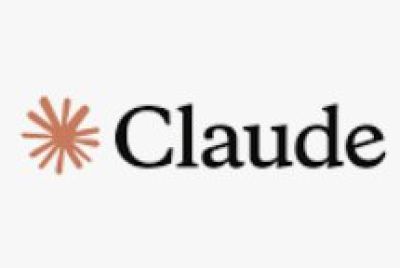Measles Cases in Canada Growing, Health Officials Urge National Vaccine Registry
The number of measles virus infections in Canada has risen and had infected not only children but also a number of adults, prompting health officials to call for a national vaccine registry.
On Sunday, Hamilton Public Health Services disclosed that the virus has reached the area and has infected a woman. The services believed she may have exposed others to the virus.
The registry, doctors said, would facilitate faster and better coordination between provincial health organizations and the federal government. It would also allow doctors to gain immediate access to medical histories whenever needed. What's better is that it will help detect individuals who are not fully vaccinated.
"Here in Ottawa, we have a provincial data base [that tracks who has been immunized and when]. It's very useful and a big step in the right direction," Dr Rosamund Lewis, associate medical officer of health for Ottawa Public Health, told Globe and Mail.
But doctors can't bring provincial databases when they move or gets transferred to other locations.
"Health care is meant to be portable," Dr Lewis said. "When we move from province to province, we don't necessarily carry our medical records with us."
That's why "we need a national registry."
The benefit of the national registry is that it would track Canadians and individuals who have travelled to measles trouble spots such as the Netherlands and Philippines.
Doctors warned the populace lack of immunization whether among the children or adults as a major cause for concern. A Canadian is fully immunised if s/he had two doses of the measles, mumps and rubella vaccine.
"It's in those pockets of unimmunized or under-immunized kids where measles can, because it's such an infectious disease .... get into those populations," Dr John Spika, director general of the centre for immunisation and respiratory infectious diseases at the Public Health Agency of Canada, told the CBC.
Dr Allison McGeer, an infectious disease expert at the University of Toronto, told Globe and Mail that a vaccination registry solves a number of problems.
"All of us have trouble remembering our vaccination histories - especially when it gets to be 30 or 40 years ago. The paper vaccination cards are great, but it is easy to forget to take them when you get a vaccine, and they are relatively easy to loose. Mothers sometimes forget, and family physicians move and retire, and their records are not kept forever. So when people end up being exposed to, say, measles, and need to know whether or not they are immune (which might determine whether they need treatment, or have to be off work), it can be difficult to find out," she explained.
"A vaccination registry would fix all that," she said.




















